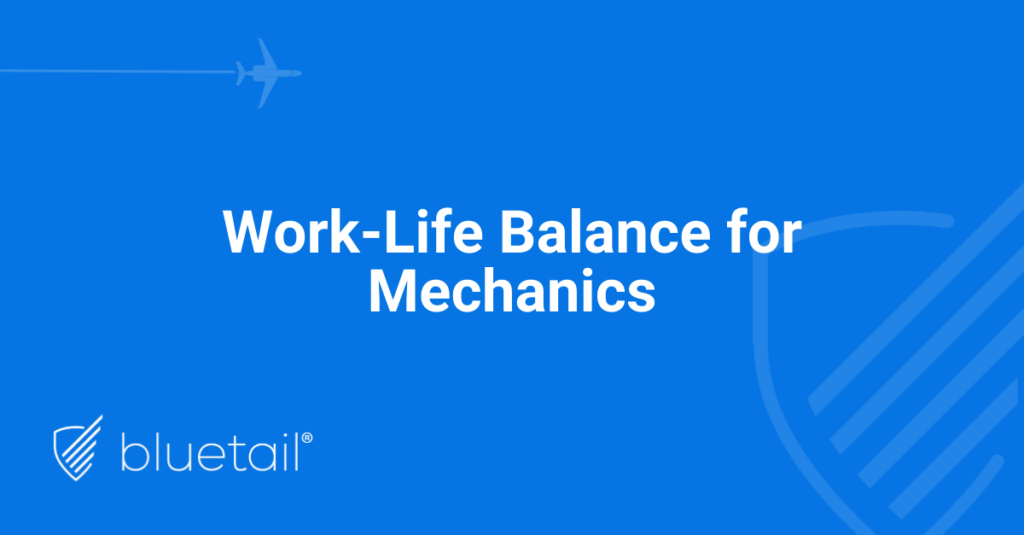

Bucking the trend…
We’re all very aware of the seismic growth that post-pandemic aviation has experienced worldwide. Flight hours and aircraft sales are literally through the roof. But those are not the only parts of our business that have seen a rapid upswing – have you looked at pilot salaries recently?
Southwest just announced a deal that will earn its pilots an across-the-board 50% increase by 2028. And United’s deal will net its pilots a not-too-shabby 40% raise. And let’s not forget that business aircraft pilots aren’t doing so badly either.
In order to keep their flight crews from jumping to the airlines, many corporate and private flight departments are paying their pilots very comparably to what their ALPA counterparts are bringing home.
Don’t for a minute think that I’m not totally behind these pay increases. It takes a lot to become a professional pilot, and believe me, when I’m in the cabin, I want the best in the business sitting up at the pointy end of the airplane.
Unfortunately, the majority of mechanics haven’t been the recipients of these “open checkbook” practices. Not that they’re not well paid – like with their pilots, many operators are increasing
salaries and benefits to help keep their valued technicians from heading to the airlines.
Money isn’t everything.

From what I’ve been told, it’s not like the operators don’t want to pay their mechanics more; it’s just that in many instances, especially within larger corporate flight departments, specific job titles are salary-capped. Most employee relations folks have no idea what kinds of responsibilities are heaped on an AMT’s shoulders. So what’s an operator to do?
A growing trend among private and corporate operators is to offer their technicians a better work/life balance in the form of flexible scheduling or more time off. For example, in instances where the company airplane(s) are away from home base, the mechanics don’t have to come in and look for “busy work.” (The DOM knows they’ll make that time up.)
Or perhaps the technicians work three 12-hour days before the airplane’s departure on a long trip and then take “comp” time to make up the difference. Another thought is to promote an AMT to be the Chief of a particular airplane. Professionals like having more significant responsibility.
The bottom line is that many of today’s technicians – especially those in their mid-30s and upwards and who are already making a good living – may well want more time off or increased responsibilities instead of more money. Those situations may be more likely than you think.
As any employee relations expert will tell you, the first step to determining if your technicians are open to alternative scheduling or other career-enhancing practices as a way to help them achieve greater work/life balance is to sit down and talk to them. You may be surprised at what they have to say.
Of course, in the meantime, you can make their jobs easier and time on the clock more efficient by having all of your aircraft’s maintenance and operational records digitized by Bluetail – but that’s another blog.